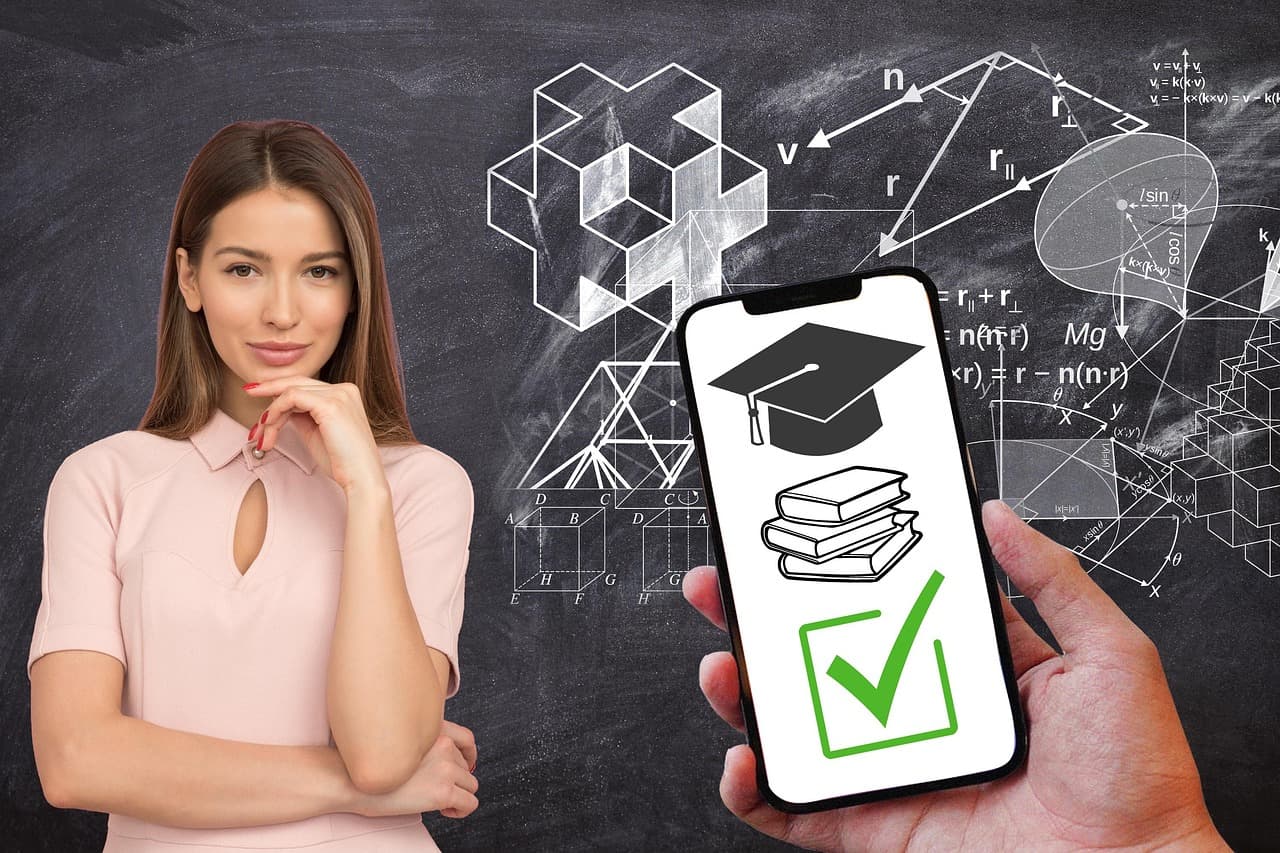Games play an essential role in everyone’s life since childhood. But in addition to being fun and entertaining, games have a huge impact on development, learning and socialization. It is a powerful tool that can significantly improve the effectiveness of the educational process and stimulate personal growth. In recent years, thanks to research by neuroscientists and educators, it has been increasingly confirmed that games are not just entertainment, but an important component of learning and development, influencing various aspects of life. For example, platforms such as CasinosFueraDeEspana use game mechanics to make processes more fun and engaging, which also contributes to better learning of information and skills.
Why Is Play Important for Learning?
Education through play is an innovative approach that not only encourages learning but also makes the material more accessible and understandable. Unlike the traditional method, which requires memorization and repetition, play actively engages children in exploring and practically applying knowledge. This increases their interest in the educational process, reduces stress, and makes learning more enjoyable.
From a psychological perspective, play provides an environment in which children or adults can experiment, try new things, and acquire skills. The key is that play allows learning without the fear of making mistakes — mistakes in games are often seen as part of the process, not failures.
Key Benefits of Play in Learning:
- Cognitive Development: Play helps improve memory, attention, and logical thinking. Constantly switching attention, solving problems, and planning actions make the brain more flexible and quick.
- Motivation: Turning learning tasks into a game helps students or children maintain interest in the material. In games, there is always a goal, and achieving it comes with a reward or progress, creating a positive incentive.
- Social Skills: Collaborative games, whether they are board games or team sports, teach interaction with others, developing communication skills, teamwork, and even conflict resolution.
Play and Cognitive Development
Cognitive function development is a key goal of any educational program. Play has a direct impact on improving mental abilities such as attention, memory, perception, logical thinking, and problem-solving skills.
How Games Influence Cognitive Development:
- Logic and Problem-Solving: Board games, puzzles, and strategy games require players to analyze situations, make decisions, and plan actions several steps ahead. These games help develop strategic and critical thinking.
- Creative Thinking: Role-playing games, such as fantasy role-play or sandbox games, stimulate imagination. Children playing these games not only learn to solve problems but also come up with completely new, unconventional solutions.
- Attention and Memory: Fast-paced and dynamic games, such as card games or arcades, develop attention and the ability to react quickly. These games can be played even on mobile devices, which is especially important in today’s world.
The Role of Play in Socialization
What sets games apart is their ability to help children and adults develop social skills that are essential for successful adaptation to society. In collaborative games, participants interact with each other, form connections, and teach each other new concepts. Play helps people learn the social norms and rules for different situations, from decision-making to cooperation in teams.
How Games Influence Socialization:
- Teamwork: Many modern games, whether sports or multiplayer video games, require players to work closely together and coordinate their actions. To achieve a common goal, players must share ideas, help one another, and communicate effectively.
- Conflict Resolution: In the process of play, conflicts or disagreements often arise that require resolution. Games teach children and adults to find compromises, seek solutions, and work on improving relationships within a group.
- Emotional Perception: Collaborative play helps develop empathy — the ability to understand the feelings of others. Children learn to sympathize with others and understand how their actions affect people around them.

Play as a Source of Motivation
Many people struggle with maintaining focus, especially when learning or working. Games, with their engaging and interactive elements, provide an excellent way to maintain motivation. When the process of learning or work turns into a game, individuals begin to view tasks as challenges they want to overcome.
How Games Increase Motivation:
- Gamification: Introducing game elements into the learning process — such as point systems, achievements, and levels — helps students and employees become more involved. These elements make tasks more enjoyable and provide a positive incentive to act.
- Goal Achievement: Games always set specific goals and tasks for players to accomplish, and achieving them brings rewards. This creates a clear sense of progress and motivates individuals to keep going.
- Rewards and Recognition: Instant rewards, such as points or bonuses, for achievements in the game create positive reinforcement and motivate individuals to continue their efforts.
Applying Play in Education and the Workplace
Modern educational and work approaches actively use game elements to increase engagement and effectiveness. Educational institutions and workplaces are incorporating games that not only help people learn new material but also develop team skills. In corporate training, gamification is actively used to improve productivity and enhance work processes.
Examples of Play in Education and the Workplace:
- Educational Games: Various platforms offer interactive courses with game elements, where students can earn points or virtual rewards for completing tasks. This helps boost motivation and engagement.
- Corporate Training: Companies often use business games to train their employees. These may involve simulating real business situations where employees must solve tasks as a team, plan actions, and coordinate their efforts.
Conclusion
Play is a powerful tool for learning and personal development. It not only entertains but also teaches, helping to develop cognitive and social skills, and motivating individuals to keep learning. Using play in the educational process and the workplace creates effective and enjoyable learning methods, keeps people engaged, and enhances their skills.
Whether it’s a child, a student, or an adult, games play a significant role in education, increasing not only knowledge but also the ability to interact with others. If used correctly, game elements can become an integral part of a successful educational system.
